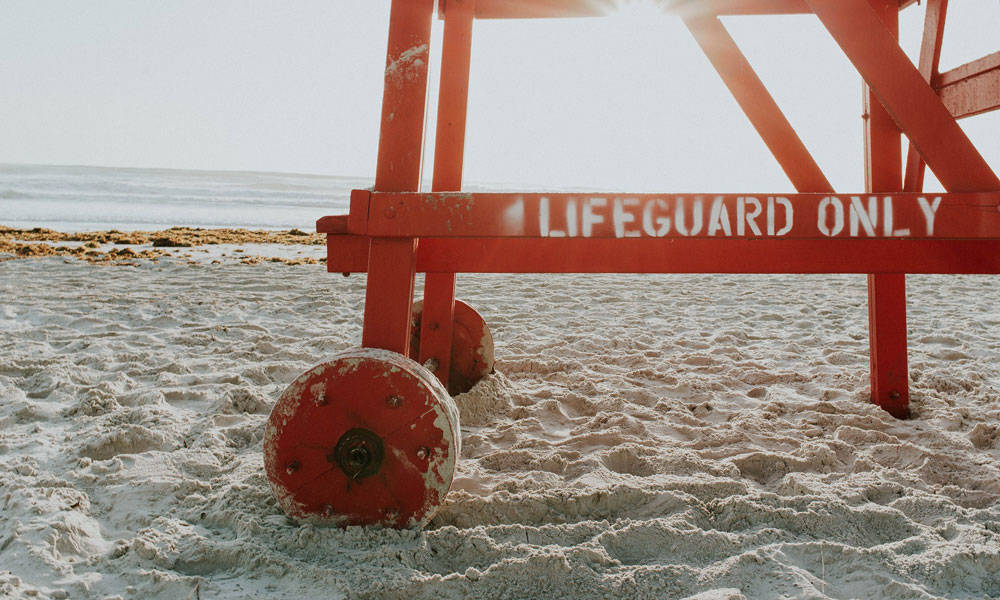
How Associations Are Tackling a Lifeguard Shortage
With a declining teen workforce and visa issues making it harder for beaches and community pools to staff lifeguards, some associations are suggesting new strategies to fill those positions—including bringing on baby boomers to keep an eye on the pool.
The common public perception of lifeguards—think Baywatch—is undergoing a shift this summer, and there are a couple of good reasons for the change.
With a recent shortage of lifeguards available to watch over public pools and beaches around the country, many are turning to adults over the age of 55, rather than teenagers or college students, to keep swimmers safe.
It’s one of a handful of solutions that the American Lifeguard Association and other groups are using to get around the shortages, which spokesman B.J. Fisher told The Washington Post weren’t so much a problem when David Hasselhoff and Pamela Anderson were bringing a bit of glamour to an important job.
“We’re starting to think outside the box: baby boomers, seniors, retired lawyers and accountants,” Fisher said. “Employers are starting to look internally, too: Maybe that custodian who swims laps after work can get certified.”
Meanwhile, some local organizations, such as the YMCA in Rochester, New York, have started to offer free certification courses—with the goal of getting some of those newly certified lifeguards to work at their facilities.
So what’s behind the shortage? According to the Association of Pool & Spa Professionals, tough visa rules could be a playing a role. In a May news release, APSP noted that the many applicants to the Summer Work and Travel Exchange Visitor Program, which helped many pools fill the positions, had been denied this year.
“This year, for reasons unknown at this time, there has been a surge in visa denials in certain countries, which now will result in many pools in the Mid-Atlantic (where most jurisdictions require lifeguards at all commercial and condo pools) and across the East Coast from opening on time,” APSP President and CEO Lawrence Caniglia, CAE, said in the release.
Another factor: Fewer teens are taking summer jobs. According to the Bureau of Labor Statistics, just 35 percent of teens ages 16 to 19 currently have jobs, down from 52 percent two decades ago.
“Anyone looking for a great summer job should consider applying with their local pool management company,” Caniglia said.
(StockSnap/Pixabay)






Comments